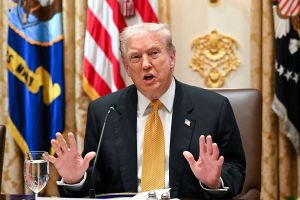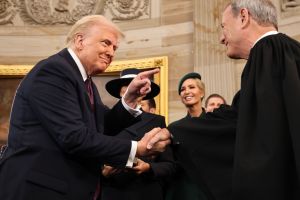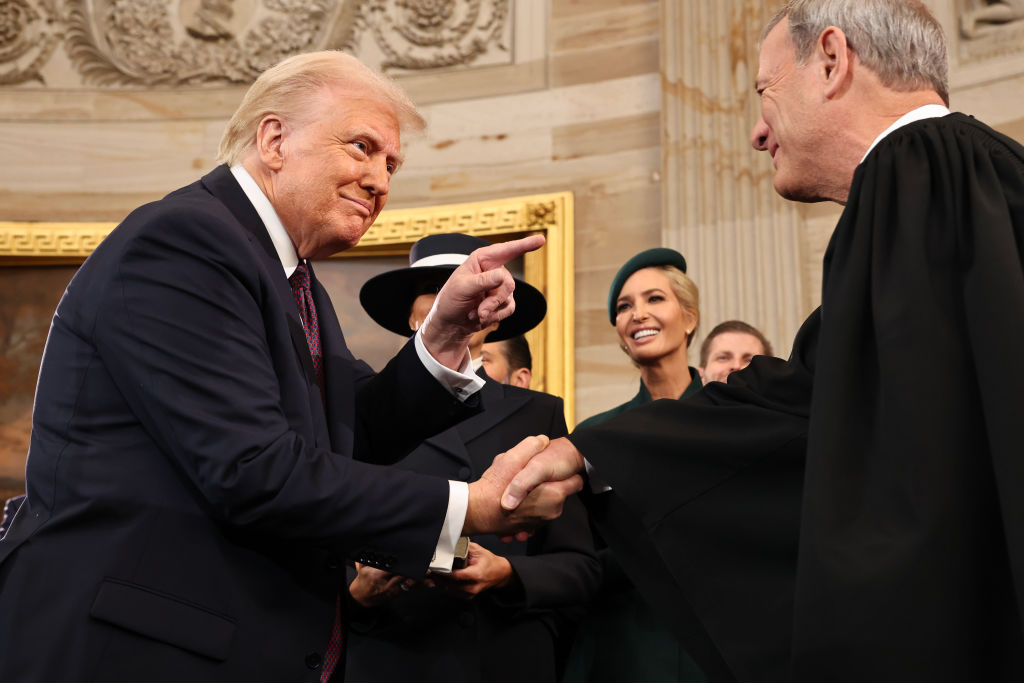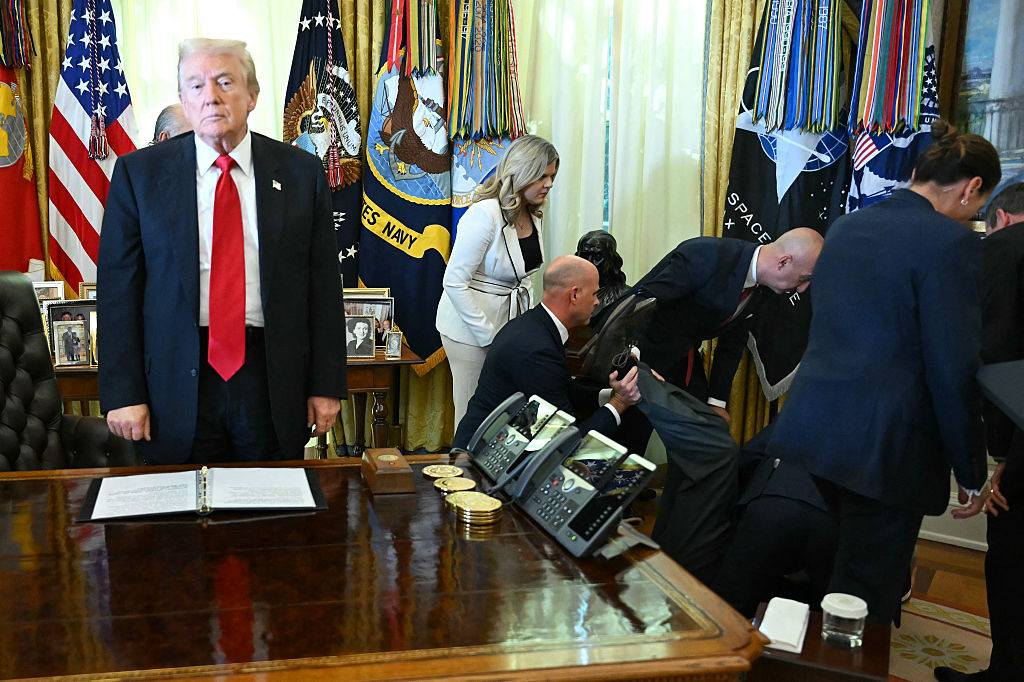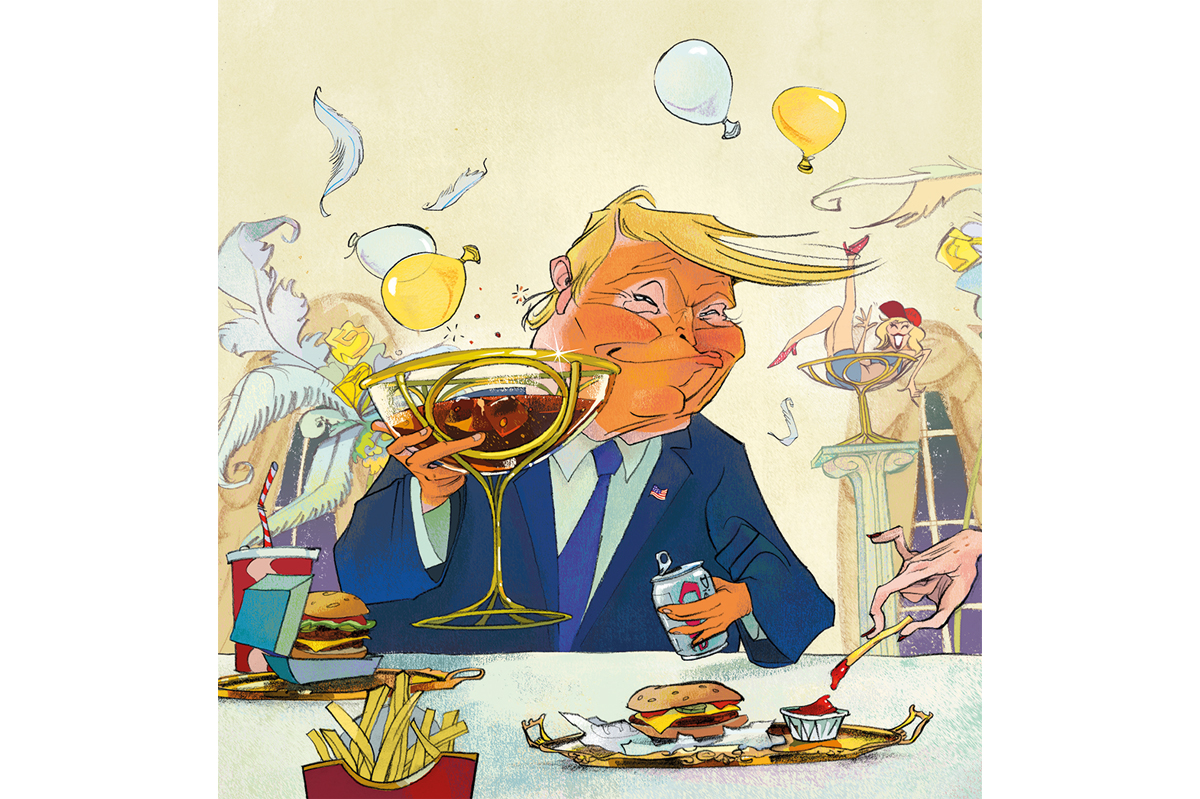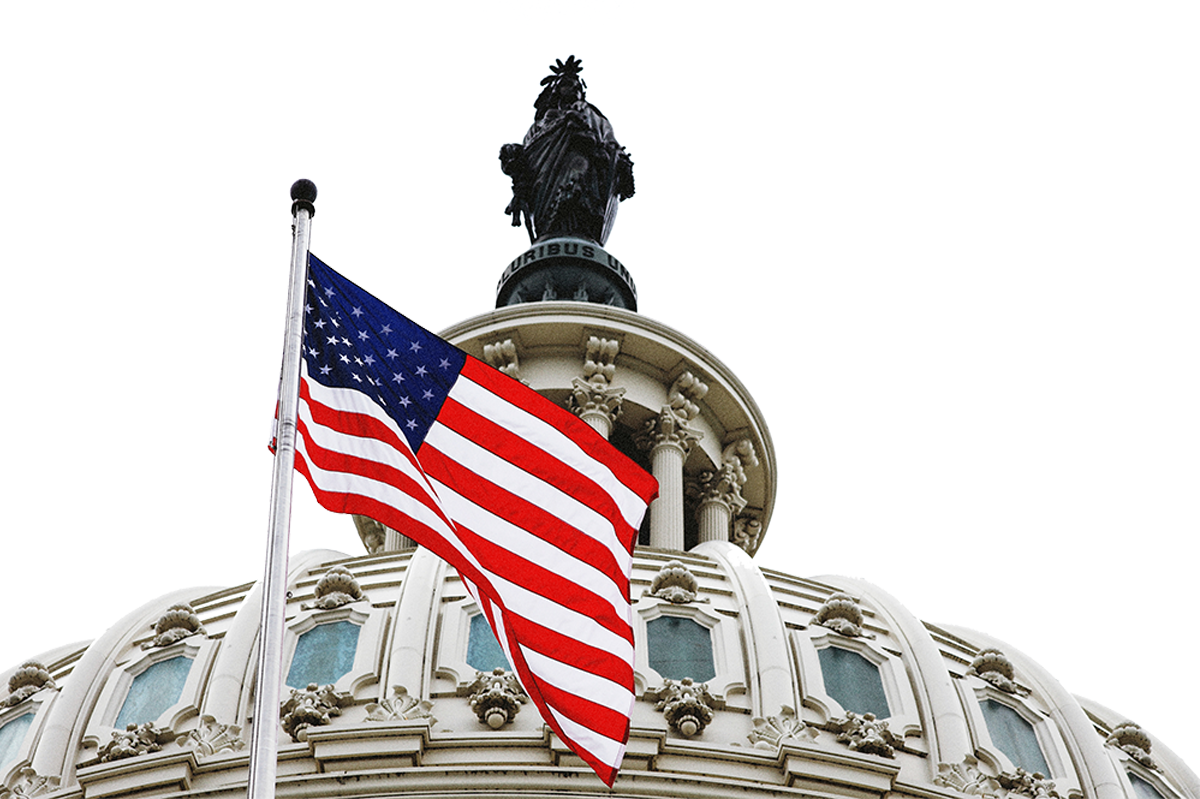In 2021, after the barbaric Islamist murder of Sir David Amess, a former Member of Parliament, the response of Britain’s political class was as baffling as it was shameful: it decided to ramp up censorship of the internet. Somehow, MPs’ vital personal safety came to be equated with the nebulous concept of “safety” online, along with the protection of “democracy” from hurty words and unapproved opinions. The Online Safety Act was born, handing vast new powers to the Office of Communications, or OFCOM, to “regulate” what could be said online.
Well, that was then, and this is now. Twitter, the most influential platform for political news, has become X, and its new owner Elon Musk has made online free speech his mission. The Trump administration has done the same, and with Britain increasingly viewed in MAGA-world as something of a police state, this has set up a clash with the new regime in Washington. In his visit to the Oval Office back in February, Keir Starmer was publicly pressed on Britain’s free-speech issues by Vice President J.D. Vance, to which he responded unconvincingly: “We’ve had free speech for a very, very long time in the UK.” In March, US human rights diplomats met British pro-life activists over censorship concerns about abortion clinic “buffer zones,” while the White House is currently said to be “monitoring” the plight of Lucy Connolly, jailed for 31 months for a tweet.
If Washington is now looking to apply the thumbscrews to senior British officials pushing social media censorship, it has plenty to choose from
This week, the heat was turned up further. The State Department has announced a new “visa restriction policy” that will apply to foreign nationals, including British ones, responsible for censoring “protected expression in the United States.” “Foreign officials have taken flagrant censorship actions against US tech companies and US citizens and residents when they have no authority to do so,” Secretary of State Marco Rubio said on Wednesday, adding that this was “unacceptable.”
All this represents a major change in the transatlantic mood music since the Biden administration (which once attempted to bring in a Disinformation Governance Board), and British officialdom is struggling to keep up. Apparently surprised by the announcement, an OFCOM spokesperson told me on Thursday: “We’re working with the UK Government to seek clarity on the US State Department’s plans.”
We also saw a sign of the shifting sands last month. When the Office of Communications finally convened its “Advisory Committee on Misinformation and Disinformation,” as part of the OSA, it changed its name to the “the Online Information Advisory Committee” – presumably to avoid riling US free-speechers. Whether the name change means much is debatable, but the censorship lobby is certainly not happy about it. In response, Full Fact sniffed: “We hope this is not in response to changing political circumstances, and that it will not be reflected in the important work the committee needs to do.”
Happily, it seems that the terms “misinformation” and “disinformation” are going the way of “woke” and “EDI” before them: odious newspeak the activist class once delighted in, but which, after broad political pushback, have now become a liability.
US officials have described the OSA as “Orwellian,” and it is worth noting why the regulation is so despised. In Europe, the equivalent Digital Services Act, which came into force in August 2023 has the power to fine firms up to 6 percent of revenue for breaches, though this has not yet happened. Currently the European Commission has 127 employees dedicated to DSA enforcement, with that number expected to climb to 200 by the end of the year. Brendan Carr, chair of the Federal Communications Commission, has labeled the DSA “an attack on free speech.”
Though the OSA has still not fully come into in force, OFCOM already had 466 employees dedicated to “online safety” last July, with more expected to be added this year. Under the OSA, social media giants face fines of up to 10 percent of their annual revenue should they fail to take down “harmful content,” and OFCOM has pledged to enforce this. These are major fines; with the likes of Elon Musk so close to the White House, little wonder the US is set to make free-speech concerns a sticking point in any future trade deal.
If Washington is now looking to apply the thumbscrews to senior British officials pushing social media censorship, it has plenty to choose from. Top of the list will be OFCOM CEO Melanie Dawes, for instance, who will be chiefly responsible for any fines handed down, and who has criticized the perception in America that “freedom of expression… is naturally in conflict with safety.”
They might also consider the members of the Online Information Advisory Committee. It is chaired by Liberal Democrat peer Lord Allan, who, as the Daily Sceptic reported earlier this year, once described questioning the deadliness of Covid, or the need for action on climate change, as “seditious.” Also on the board is Elisabeth Costa, who worked at the Behavioural Insights Team on so-called “pre-bunking.” Several have campaigned for the Online Safety Act to be even stricter, and UCL academic Jeffrey Howard has written an ethics paper on “Why Content Moderation is a Moral Duty.” If the US wants to stick it to the censors, these are plum targets.
Outside of OFCOM, meanwhile, there is the British Prime Minister’s chief of staff, Morgan McSweeney, who was the co-founder in 2018 of the Center for Countering Digital Hate, a pro-censorship campaign group that has planned to “kill Musk’s Twitter,” as leaked documents have revealed. Or even Sir Mark Rowley, head of London’s Metropolitan police, who during the unrest last summer appeared to threaten to extradite Elon Musk over his online posts. “It is unacceptable for foreign officials to issue or threaten arrest warrants on US citizens or US residents for social media posts on American platforms while physically present on US soil,” said Marco Rubio, possibly referring to this incident.
Nevertheless, it is unclear how a travel ban would work in practice. If it proves to be more than a negotiating tactic, the MAGA State Department will find itself running up against the vagaries of Britain’s quango state. Who exactly are they going to ban? If the White House is unhappy about OFCOM slapping X with a fine, for instance, would it just be Melanie Dawes denied the chance to holiday in the Big Apple, or does Washington have a hit list of OFCOM staff it’s out to punish? Moreover, while I hold no candle for censorious quangocrats, it is arguably unfair for Ofcom officials to be left holding the can here, when really they are only carrying out the directives of UK politicians. Rishi Sunak, for instance, is one Brit who spends plenty of time stateside who surely bears some responsibility for what the UK is now doing in the name of “online safety.” It was his government which passed the OSA back in 2023. Ultimately, of course, the buck stops with Sir Keir Starmer, who may come to regret his comments during last summer’s riots directly blaming “large social media companies and those who run them” for the unrest. Yet will he really be barred from state visits until, say, Lucy Connolly walks free?
What we do know, however, is that until now British officialdom has faced few if any consequences for its uncompromising zeal for internet censorship. If that is now changing thanks to the Donald, you needn’t be a MAGA booster to view it as a positive step.










